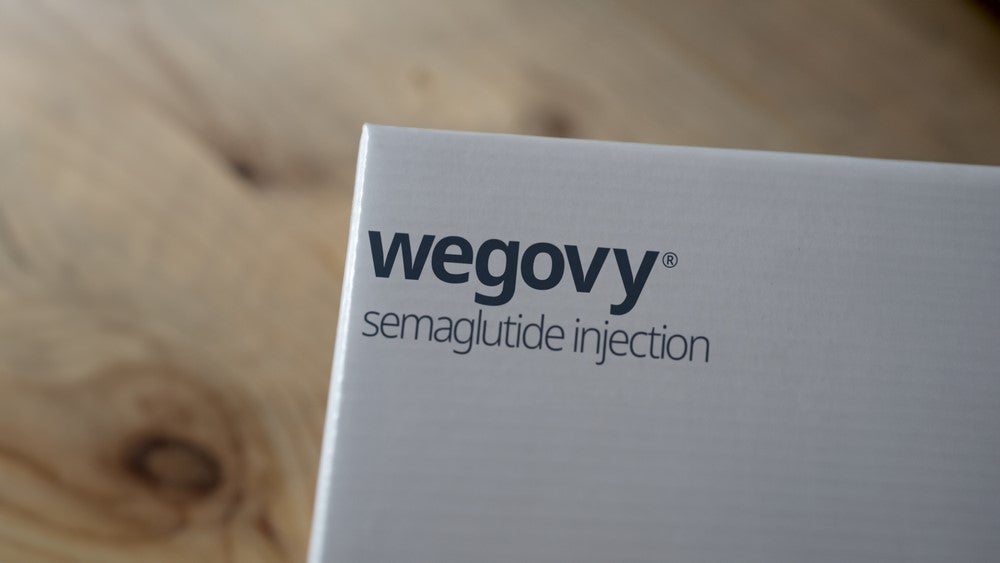The US Food and Drug Administration (FDA) has granted clearance to Puma Biotechnology’s investigational new drug (IND) application for initiating a Phase II trial of alisertib monotherapy to treat small cell lung cancer (SCLC).
The study is anticipated to commence in the second half of this year.
It will enrol approximately 60 patients with extensive-stage SCLC, who have progressed after receiving first-line, platinum-based chemotherapy and immunotherapy.
They will receive 50mg alisertib twice-daily from days one to seven of every 21-day cycle. A patient’s tissue-based biopsies will also be collected to analyse biomarkers.
Objective response rate is the trial’s primary endpoint while duration of response, disease control rate, progression-free survival, and overall survival are secondary endpoints.
These endpoints will also be analysed within selected pre-specified biomarker subgroups to evaluate if there is an enhanced efficacy in any subgroup.
The company plans to perform an initial interim analysis to evaluate biomarkers and efficacy.
It is also anticipating meeting with the FDA for accelerated approval for alisertib, based on the outcomes of the study.
Puma CEO, president and founder Alan Auerbach said: “We are pleased to move forward with the clinical development of alisertib in small cell lung cancer.
“We are eagerly awaiting the start of this Phase II trial, and we hope that the study will provide much-needed insight into the clinical activity of alisertib in small cell lung cancer and, more specifically, in patients with molecularly defined tumours that may be targetable with an aurora kinase A inhibitor like alisertib.”
The company is also advancing the development of alisertib to treat breast cancer.
















